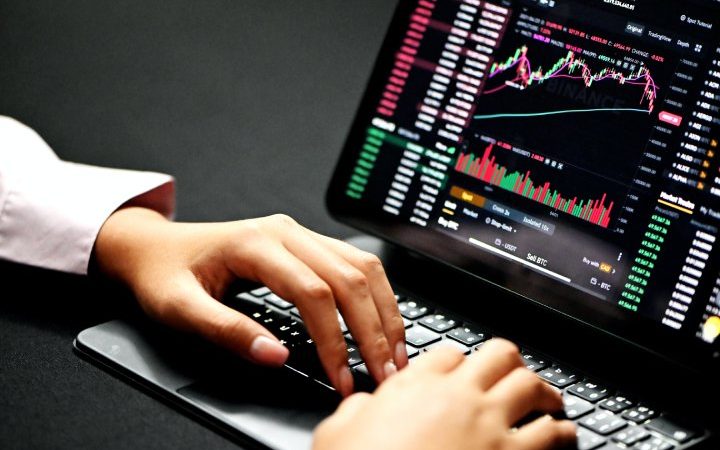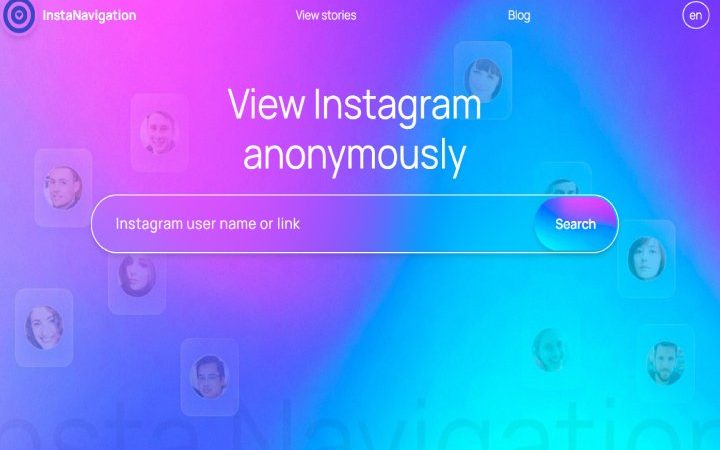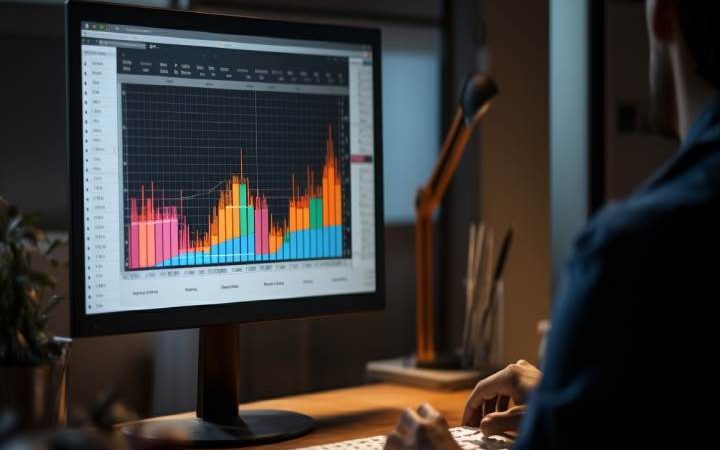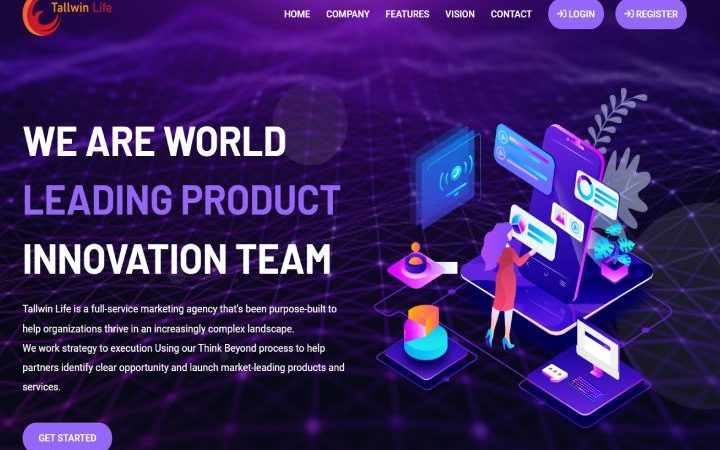Advantages Of Using Blockchain For Data Management In Business Applications
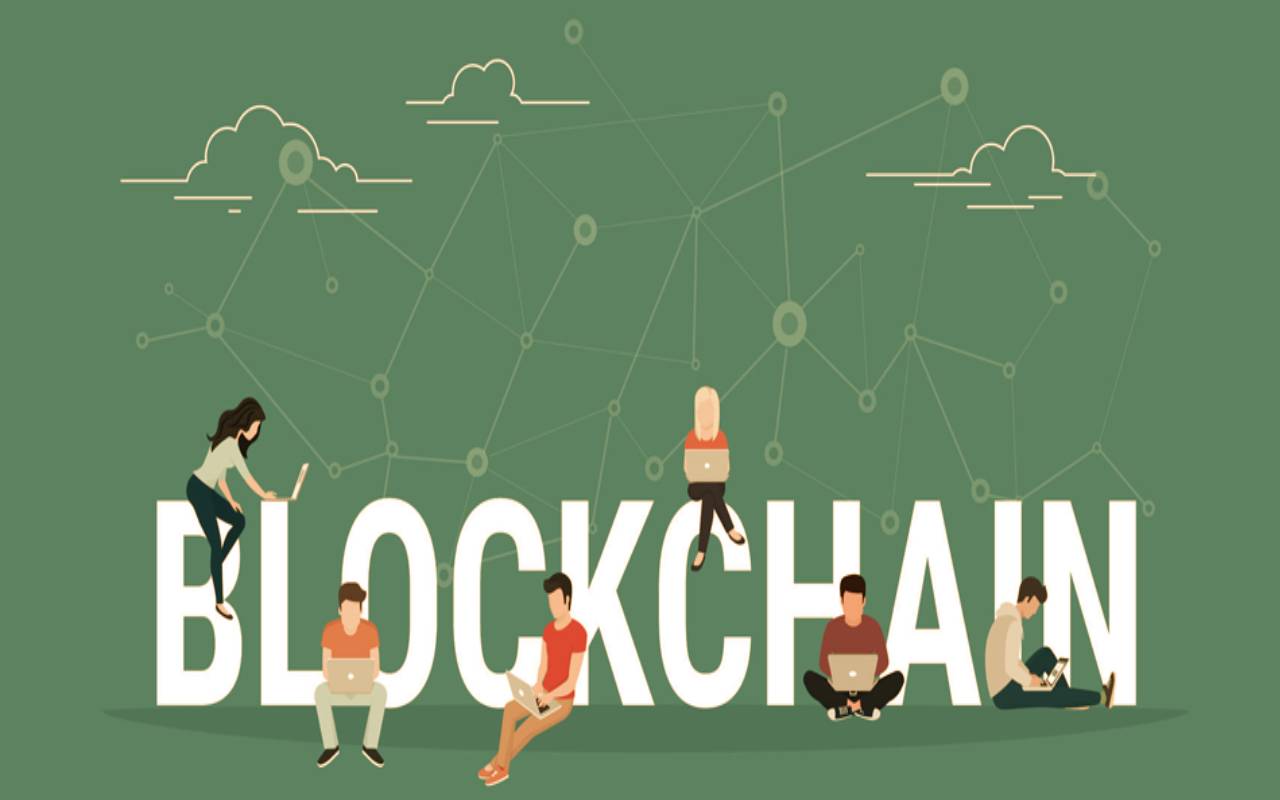
Blockchain is one of the most important new technologies that has come to the business world in the last decade. Along with cloud computing and artificial intelligence (AI), blockchain is transforming operations and challenging traditional methods used until now.
Table of Contents
What Is The Commercial Appeal Of Blockchain?
Much of its appeal comes from the unique qualities that technology possesses. Blockchain is a series of blocks, each containing a cryptographic hash of the previous block, making them a blockchain. Each block can also contain a timestamp and transaction data. Blockchain is immutable as it cannot be changed except with the agreement of the network. This means that it is completely secure and complete since it cannot be modified independently. It is also unique in the sense that it is decentralized, so there is no single authority to manage its use. Blockchain networks can be public, anyone can access, or private, which can only be accessed with the permission of the network in question.
Data Security
Given the high number of leaks and data hijackings in recent years, we have strong reasons to worry about the incorrect management of our data. Attacks at the private level are the order of the day. But it does not end there, as more and more companies – without distinction of size -, agencies and government agencies, are being the object of more and more attacks and computer threats in recent years.
Some security methods, such as encryption, are useful in fighting data breaches but do not offer complete protection. Even the systems of organizations with the highest levels of security have been violated. However, blockchain technology – or blockchains – offers greater guarantees against these types of attacks. If necessary, access to blockchain information can be limited exclusively to authorized network participants.
As an example, the Estonian government is using a new blockchain-based technology, known as Keyless Signature Infrastructure (KSI) to protect public data. In this process, hash values are created, representing large data sets. These values allow you to identify the data records, but not to reconstruct the information contained in the files. All of this is stored on a blockchain and distributed on a private government network. When files are modified, new hashes are added to the blockchain. This creates a transparent system for citizens and each change in the records is inevitably recorded.
Data Quality
If we register information on the blockchain, it can be kept available on different nodes, that is, it will not depend on the integrity of a single point. Before any record can be added to another block, it is analyzed and verified by the network hosting the blockchain. This process represents an extra layer of verification.
Gartner has released a prediction that blockchain technology will improve data quality by 50% by 2023. This prediction is based on the use of smart contracts, which can verify and normalize the data.
Smart contracts are a way of ensuring that the terms of a data chain agreement must be met before the contract can be executed. Hence its name of smart contracts. Likewise, all transactions related to this type of contract are recorded and cannot be altered. This means that reliable and secure transactions or agreements can be made between anonymous parties, without the need for a specific enforcement mechanism, legal system, or central authority to verify it.
Data Traceability
Data traceability is the ease with which we can find records in terms of history, location, or typology. This represents a considerable opportunity for companies in sectors such as food, pharmaceutical, or logistics in general, which lose billions every year due to theft, fraud, and counterfeiting of their products. Members of supply chains ask for more transparency and traceability to combat these losses.
Blockchain qualities to improve traceability in the supply chain:
- Tokens can be used that provide each product with a unique identifier in the blockchain.
- It is also possible to store information outside the chain, referring to it in the hash.
- Since the blockchain is linear, a historical chain of events can be traced.
Real-Time Data Analysis
Being able to run a real-time data analysis and monitor changes as they occur is a great advantage for any IT organization. It is one of the most effective forms of fraud and theft protection in a data-driven industry.
Since blockchain is distributed and transparent, companies can perceive any irregularity as it occurs. It also allows collaboration on the same data sets simultaneously.
This enables more efficient use of resources and a more accurate match between supply and demand in real-time, leading to the possibility of clearer forecasting.
We should consider blockchain as a competitive advantage for our customers.
Blockchain technology has not yet reached widespread adoption, although blockchain applications are becoming more common, both in public and private sectors. The use of blockchain in the supply chain and the banking sector is increasing every day. There are still challenges that the blockchain must overcome, such as interoperability, more and more companies and organizations are working on it. If you have not yet considered the potential that blockchain can bring to your solutions, it is time to do so.

